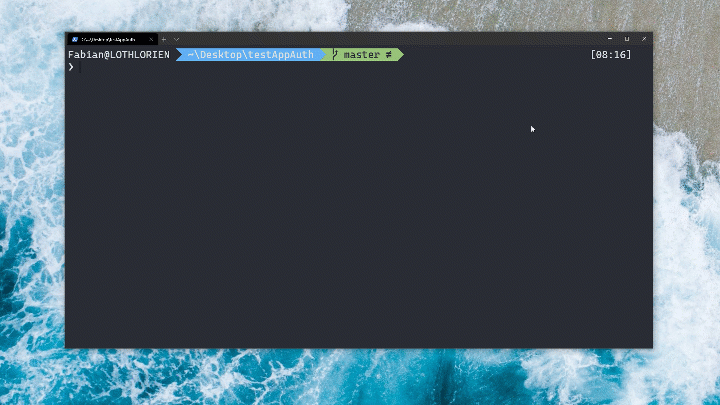Secure your Angular app using the latest standards for OpenID Connect & OAuth2. Provides support for token refresh, all modern OIDC Identity Providers and more.
This library is certified by OpenID Foundation. (RP Implicit and Config RP)
- Code samples for most of the common use cases
- Supports schematics via
ng addsupport - Supports all modern OIDC identity providers
- Supports OpenID Connect Code Flow with PKCE
- Supports Code Flow PKCE with Refresh tokens
- Supports OpenID Connect Implicit Flow
- Supports OpenID Connect Session Management 1.0
- Supports RFC7009 - OAuth 2.0 Token Revocation
- Supports RFC7636 - Proof Key for Code Exchange (PKCE)
- Supports OAuth 2.0 Pushed authorisation requests (PAR) draft
- Semantic releases
- Github actions
- Modern coding guidelines with prettier, husky
- Up to date documentation
- Implements OIDC validation as specified, complete client side validation for REQUIRED features
- Supports authentication using redirect or popup
You can use the schematics and ng add the library.
ng add angular-auth-oidc-client
And answer the questions. A module will be created which encapsulates your configuration.
Navigate to the level of your package.json and type
npm install angular-auth-oidc-clientor with yarn
yarn add angular-auth-oidc-clientFor the example of the Code Flow. For further examples please check the Samples Section.
If you have done the installation with the schematics, these modules and files should be available already!
Import the AuthModule in your module.
import { NgModule } from '@angular/core';
import { AuthModule, LogLevel } from 'angular-auth-oidc-client';
// ...
@NgModule({
// ...
imports: [
// ...
AuthModule.forRoot({
config: {
authority: '<your authority address here>',
redirectUrl: window.location.origin,
postLogoutRedirectUri: window.location.origin,
clientId: '<your clientId>',
scope: 'openid profile email offline_access',
responseType: 'code',
silentRenew: true,
useRefreshToken: true,
logLevel: LogLevel.Debug,
},
}),
],
// ...
})
export class AppModule {}And call the method checkAuth() from your app.component.ts. The method checkAuth() is needed to process the redirect from your secure token server and set the correct states. This method must be used to ensure the correct functioning of the library.
import { Component, OnInit } from '@angular/core';
import { OidcSecurityService } from 'angular-auth-oidc-client';
@Component({
/*...*/
})
export class AppComponent implements OnInit {
constructor(public oidcSecurityService: OidcSecurityService) {}
ngOnInit() {
this.oidcSecurityService.checkAuth().subscribe(({ isAuthenticated, userData, accessToken, idToken }) => {
/*...*/
});
}
login() {
this.oidcSecurityService.authorize();
}
logout() {
this.oidcSecurityService.logoff();
}
}You can get the access token by calling the method getAccessToken() on the OidcSecurityService
const token = this.oidcSecurityService.getAccessToken();And then you can use it in the HttpHeaders
import { HttpHeaders } from '@angular/common/http';
const token = this.oidcSecurityServices.getAccessToken();
const httpOptions = {
headers: new HttpHeaders({
Authorization: 'Bearer ' + token,
}),
};Current Version is Version 12.x





